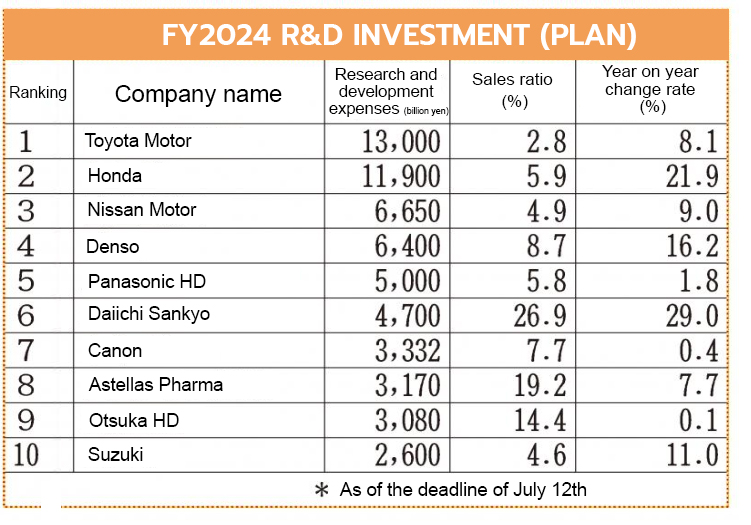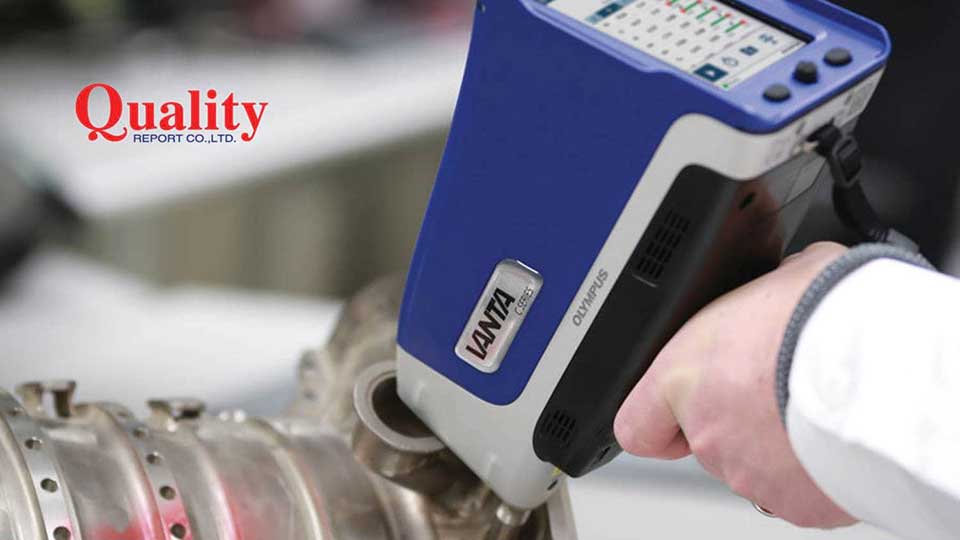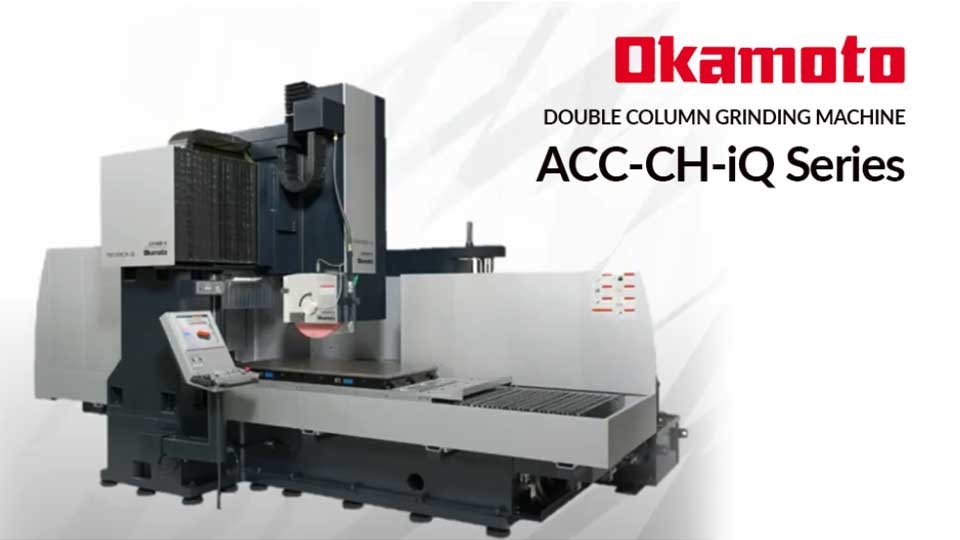
Japan's R&D Spending Hits New High Toyota Leads
Japanese companies have significantly increased their research and development (R&D) spending for the 15th consecutive year. Toyota Motor Corporation has maintained its position as the top spender on R&D among Japanese companies.
| Advertisement | |
Tokyo, Japan, August 9, 2024 – A recent survey conducted by Nikkan Kogyo Shimbun revealed that research and development (R&D) expenditures by Japanese companies have surged for the 15th consecutive year. The survey, which covered 219 major corporations, found that 154 companies increased their R&D budgets in fiscal year 2024 by 8.8% compared to the previous year.
Over 70% of Companies Focus on “Environment and Energy”
According to a research and development (R&D) survey conducted by the Nikkan Kogyo Shinbun (with 219 valid responses), the total R&D expenses planned by 154 companies for fiscal 2024 are 8.8% higher than the actual amount in fiscal 2023, marking the 15th consecutive year of increase. The survey revealed that more than 70% of companies are focusing on R&D in environmental and energy fields, working towards a decarbonized society. Demand for doctoral candidates remains limited outside of R&D positions, with slightly less than 40% of companies increasing the number of doctoral candidates they hire.

Toyota Maintains R&D Leadership
In terms of R&D expenditure by company, Toyota Motor Corp. topped the list for the 23rd consecutive year with 1.3 trillion yen, followed by Honda in second place, Nissan Motor Corp. in third place, Denso in fourth place, and Suzuki in tenth place, with auto-related companies accounting for half of the top spots.
In the automotive industry, there is a growing trend to invest in technological development toward electrification and carbon neutrality (net zero greenhouse gas emissions, CN). Nissan explained that their investments are focused on “growth in new vehicle development and advanced technologies, including electrification,” while Subaru stated that the funds will be used for “capital investment related to electrification and product expansion.”
Pharmaceutical Industry and Other Sectors
Daiichi Sankyo ranked sixth, Astellas Pharma eighth, and Otsuka Holdings (HD) ninth, with pharmaceutical companies making up 30% of the top positions. Daiichi Sankyo noted, “We are strengthening our research and development structure through increased investment, primarily for Enhertz, expanding medical affairs activities, and increasing our workforce.”
When asked about the specific areas they are focusing their R&D efforts on (multiple answers allowed), “environment and energy” was the most common answer at 73.7%, reflecting the global trend toward decarbonization. Following this were “Robots and artificial intelligence (AI)” at 58%, “Nanotechnology, materials, and new materials” at 57.6%, and “Information and communications technology (ICT) and electronics” at 55.1%.
Talent Acquisition Challenges
Regarding human resources to support R&D, 63.8% of companies responded that “it is becoming more difficult to recruit,” while 35.5% of companies plan to “increase” their R&D personnel in the next few years. To secure these human resources (multiple answers allowed), 78.6% of companies indicated they would “increase mid-career hiring,” which was 16.4 percentage points higher than those planning to “increase new hiring.” Companies are also advancing transfers between research departments and improving work environments, demonstrating their efforts to secure talent.
Doctoral-Level Talent
Concerning the utilization of doctoral-level personnel, only 30.4% of companies reported that there are departments or job types other than R&D positions that require them. Of these, 35.7% were able to secure the necessary personnel, while 38.5% had the intention or plan to increase the hiring of doctoral-level personnel.
The survey has been conducted annually since fiscal 1988, with the 2024 survey marking its 37th iteration. The survey was conducted from mid-June to early July.
Source: Nikkan Kogyo Shimbun







